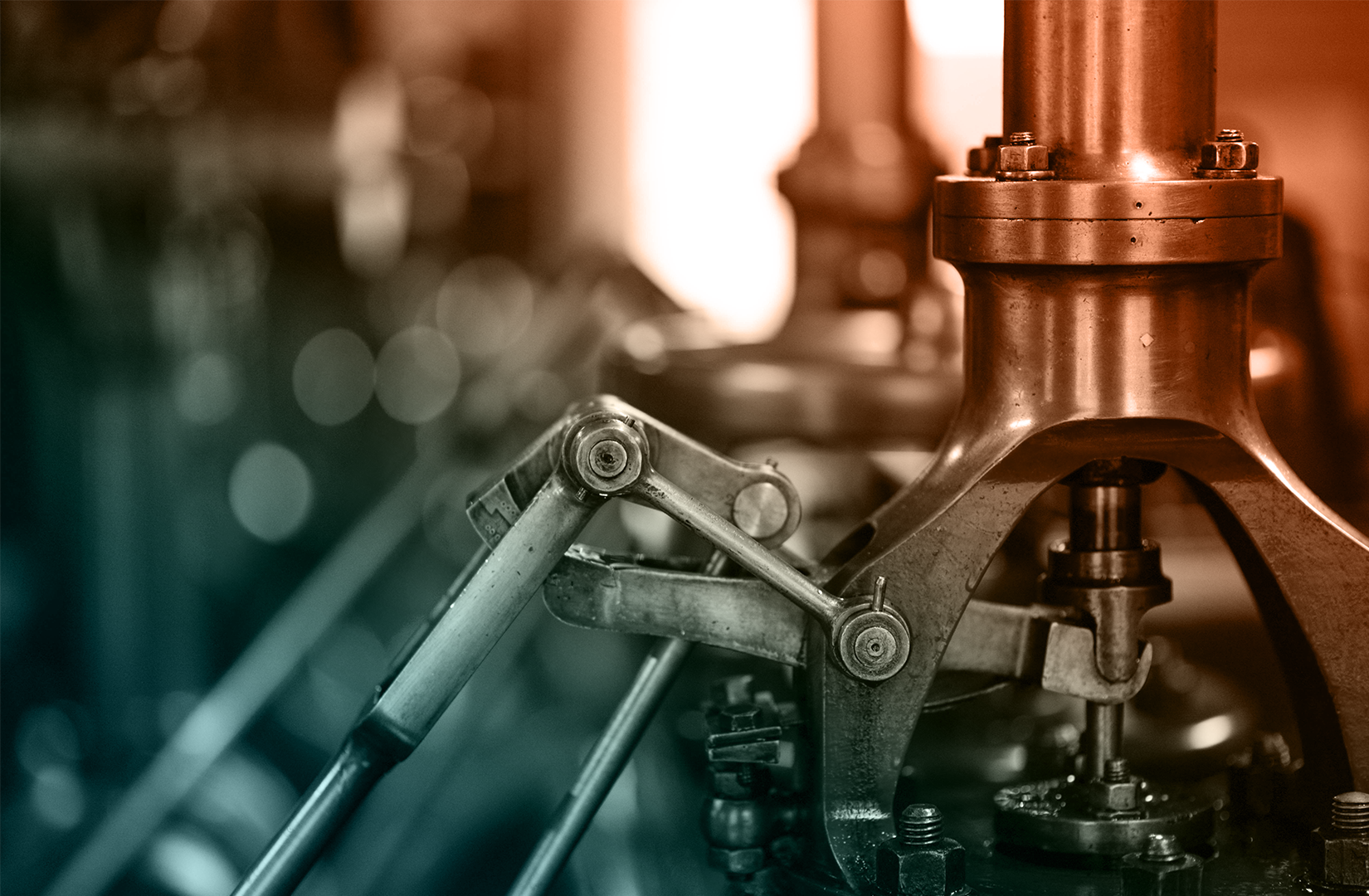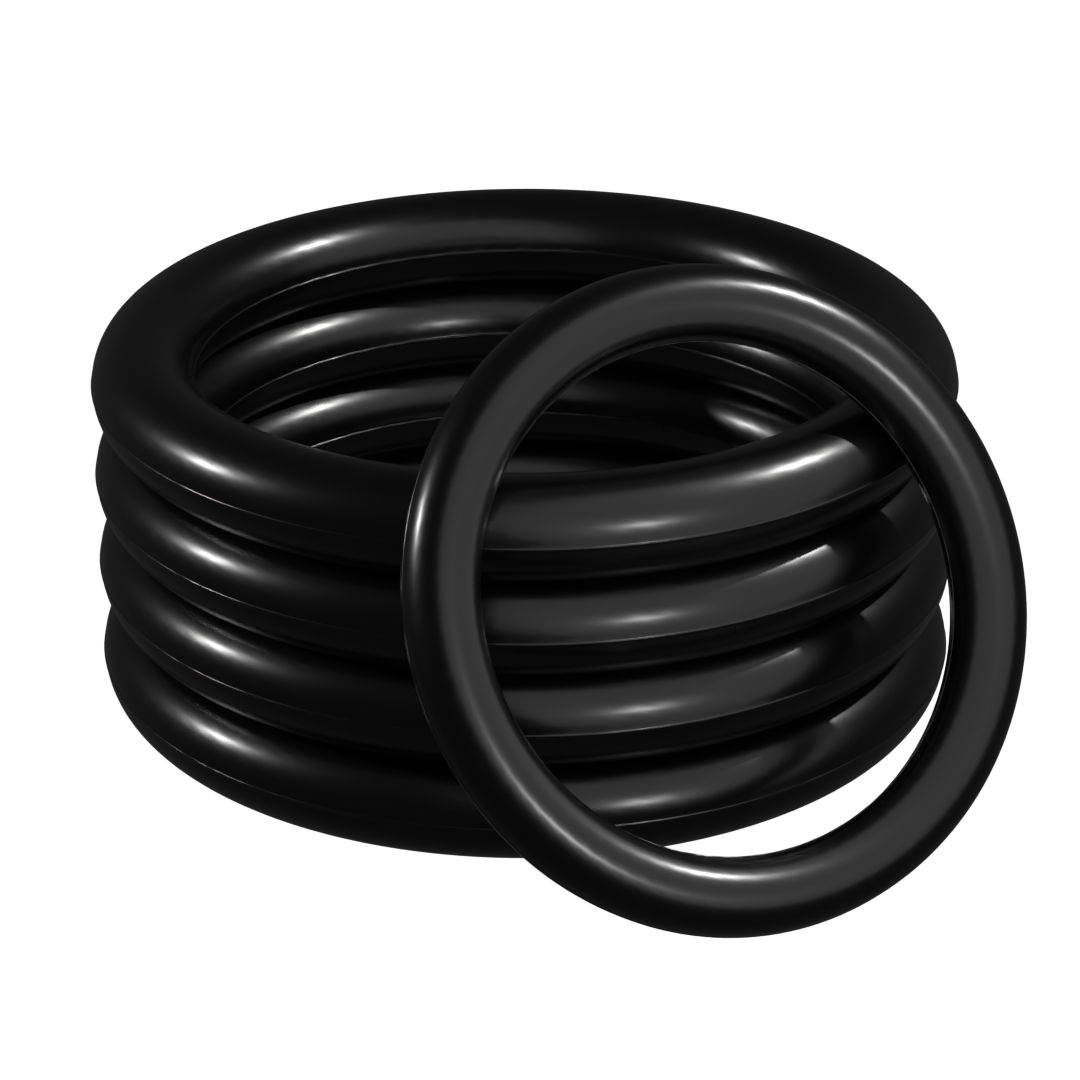
Natural Rubber (NR)
Natural Rubber (NR) is one of the most versatile and widely used elastomers, known for its excellent mechanical properties such as high tensile strength, flexibility, and elasticity. Extracted from the sap of rubber trees, natural rubber is used in a variety of industrial, automotive, and consumer applications. Its ability to withstand dynamic stress and resist wear makes it a popular choice for products that require high resilience and durability. Despite the emergence of synthetic alternatives, natural rubber remains a preferred material in many sectors due to its unique balance of strength and flexibility.
Check with one of Canyon’s helpful product engineers for an expert material and manufacturing recommendation.
Common names include: Natural Rubber, NR

Features of Natural Rubber
Natural Rubber offers a range of beneficial properties that make it suitable for diverse applications:
- High Tensile Strength: Natural rubber has excellent tensile strength, allowing it to stretch significantly without breaking, making it ideal for dynamic and high-stress applications.
- Superior Flexibility and Elasticity: NR offers outstanding flexibility and elasticity, allowing it to return to its original shape after stretching or compressing, which is crucial for seals, gaskets, and other dynamic components.
- Abrasion and Tear Resistance: With good resistance to abrasion and tearing, natural rubber is ideal for applications that experience significant wear and friction.
- Good Low-Temperature Performance: Natural rubber remains flexible in cold conditions, making it suitable for applications that require low-temperature performance.
- Shock Absorption: Natural rubber’s excellent damping properties allow it to absorb shocks and vibrations, making it ideal for products like tires and vibration mounts.
Common Applications of Natural Rubber
Natural Rubber is used across a variety of industries due to its versatility and performance characteristics:
- Industrial Belts and Hoses: NR is commonly used in conveyor belts, industrial hoses, and tubing due to its ability to withstand dynamic stress and maintain flexibility.
- Seals and Gaskets: Natural rubber’s flexibility and resilience make it ideal for use in seals, gaskets, and O-rings, where a tight seal is essential for preventing leaks.
- Footwear: Natural rubber is used in shoe soles and other footwear components due to its durability, flexibility, and comfort, particularly in products designed for outdoor use.
- Medical Products: Natural rubber is commonly used in medical gloves, catheters, and other medical devices, providing elasticity and comfort for a variety of medical applications.
Please consult a Canyon Components Engineer about your specific application and we will use our decades of experience to formulate a solution that fits your need.
Get a Quote Now!

Natural Rubber (NR) Pros & Cons
Natural Rubber (NR) is a versatile, high-performance material that continues to be a popular choice for industries ranging from automotive to medical due to its superior elasticity, tensile strength, and durability. While it has limitations, such as poor chemical resistance and sensitivity to heat, its unique properties make it indispensable for a variety of applications, particularly where flexibility and resilience are required. Understanding the features, applications, and potential drawbacks of natural rubber can help you make informed decisions about the best material for your specific needs.
Canyon Components strives to meet all customer service requests. Feel free to contact Canyon Components engineering and let our knowledgeable staff help you design the perfect part for your needs.
Pros of Natural Rubber
Natural Rubber offers several key advantages that make it a preferred choice for various applications:
- Exceptional Elasticity: NR provides outstanding flexibility and elasticity, which makes it suitable for products that need to stretch and return to their original shape without damage.
- High Tensile Strength and Durability: With its excellent tensile strength, natural rubber can handle significant mechanical stress, making it ideal for heavy-duty applications.
- Abrasion and Tear Resistance: NR’s resistance to wear and tear makes it highly durable in products that experience high friction, such as tires and industrial belts.
- Good Performance at Low Temperatures: Natural rubber maintains its flexibility and elasticity in cold environments, making it suitable for use in low-temperature applications.
- Biodegradable: Unlike synthetic rubbers, natural rubber is derived from renewable resources and is biodegradable, making it a more environmentally friendly option.
Cons of Natural Rubber
Despite its numerous benefits, there are some limitations to consider when using natural rubber:
- Poor Chemical and Oil Resistance: Natural rubber is not resistant to oils, solvents, or chemicals, limiting its use in applications where exposure to these substances is common.
- Limited Heat and Ozone Resistance: Natural rubber tends to degrade when exposed to high temperatures and ozone, making it less suitable for outdoor or high-temperature environments without added protection.
- Allergy Concerns: Some individuals may be allergic to the proteins in natural rubber, which can be a limitation in medical and consumer products.
- Vulcanization Required: To enhance the durability and elasticity of natural rubber, vulcanization (a chemical process) is required, which adds complexity to its processing.
Back to Elastomers Hub

Get A Quote Now!

